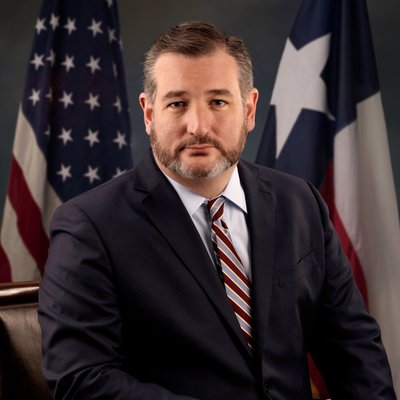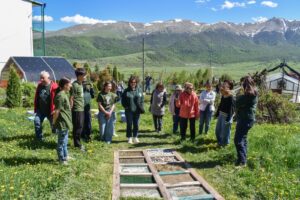WASHINGTON — The United States Senate voted unanimously on December 12 to adopt Sen. Res. 150 on the Armenian Genocide after unrelenting efforts led by Senators Bob Menendez (D-N.J.) and Ted Cruz (R-TX).
The House of Representatives had passed a similar bill, H. Res. 296, on October 29.
For the first time both houses of Congress proclaim that it is official US policy to recognize and commemorate the Armenian Genocide and reject its denial, while encouraging education and public understanding on its facts and relevance. The resolution notes that Greeks, Assyrians, Chaldeans, Syriacs, Arameans, Maronites, and other Christians were also subject to genocide alongside the Armenians in the 1915 to 1923 period.

The Senate vote took place after three failed attempts over the three previous weeks, each blocked by a Republican Senator at the request of the White House in order to preserve US-Turkey relations. This time no one stood up to object. The context to the success of the two resolutions is the changed geopolitical situation. There is increased tension between the two countries primarily as a result of Turkey’s assault on northern Syria, allowing Kurds there to be exposed to ethnic cleansing, and Turkey’s purchase of the Russian S-400 missile defense system, along with several other issues. Consequently, the US has less reason to avoid upsetting Turkey.
An additional factor may have been the increased public pressure on the senators to vote in favor when celebrity Kim Kardashian West asked her over 150 million followers to weigh in with their legislators on the day of the vote, as she did previously during the House resolution’s vote.
The House at the end of October also passed a bill calling for sanctions against Turkey, while the Senate Foreign Relations Committee passed a similar bill on December 11 which has yet to come before the entire Senate for a vote.










